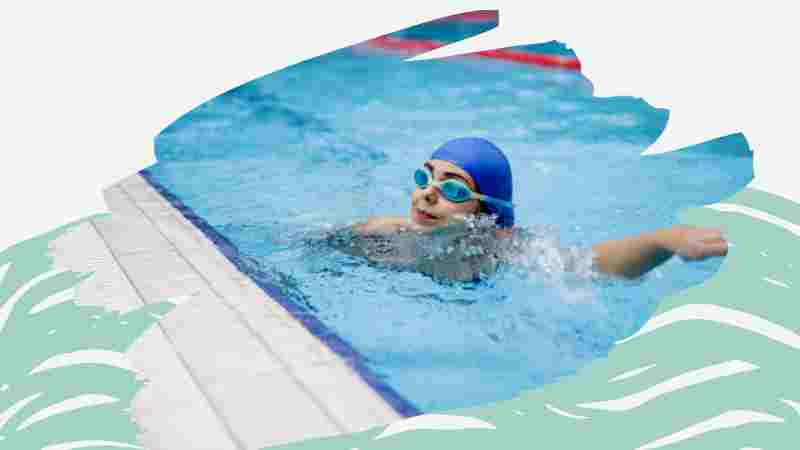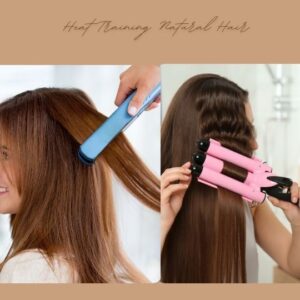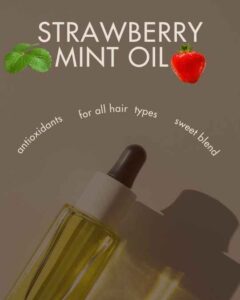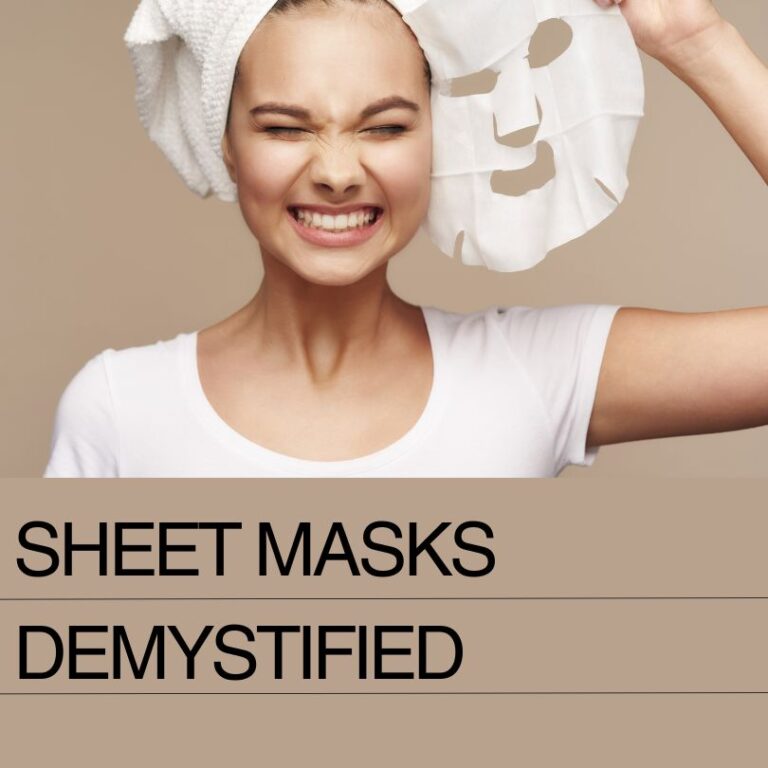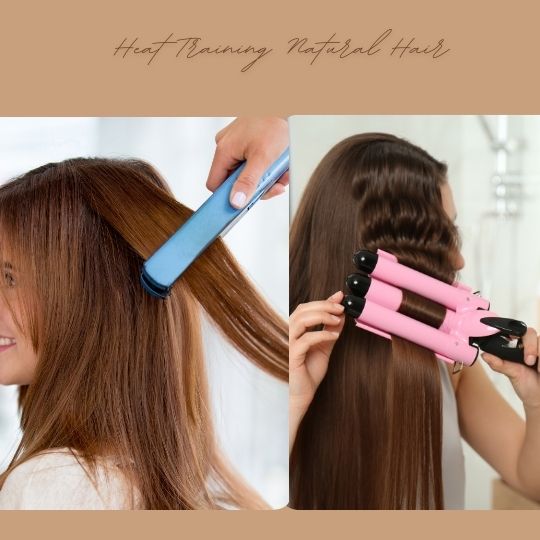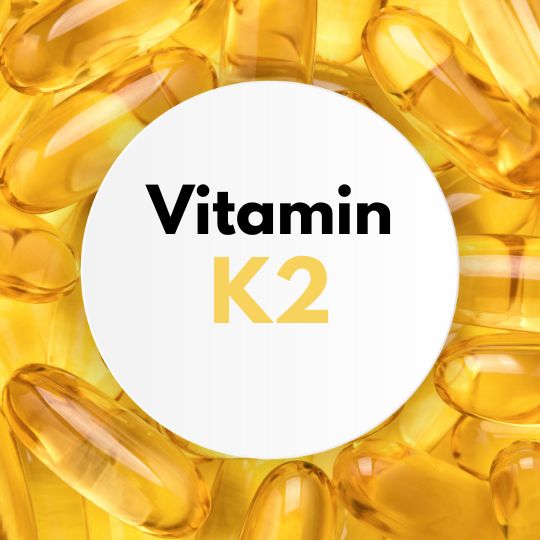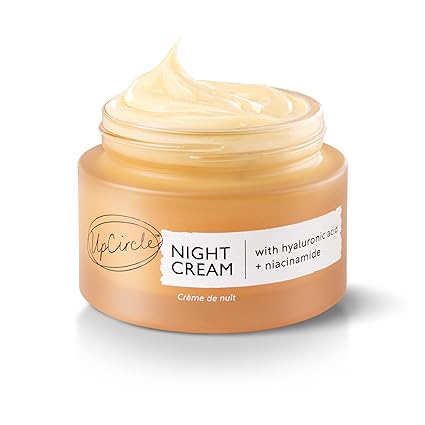swimming is a wonderful activity to fit in and be peaceful until chlorinated water is not harmful to your hair. when you remember it you see the protection tips for how I protect my hair from chlorine damage.In this article, we going to look at how chlorine damages the hair, tips for preventing damage, and how to fix it.
Table of Contents
ToggleWhat is Chlorine?
Chlorine is present in so many forms of materials and mediums including liquid in the form of bleach, pesticide, swimming pool water, and drinking water. Chlorine is also used in drinking water to kill harmful bacteria.
Chlorine kills bacteria, some viruses, and fungi infections. That is the way to save the water for swimmers. Chlorine can affect other living organisms in pools. Chlorine makes a dry impact on skin and hair.
The chlorine directly damages the outer layer of your hair which is made of protein. That is the reason the hair texture changes. Chlorine strips the natural oils from your hair, leaving it dry, brittle, dull damaged, and split ends.
Chlorine Change Your Hair Color
If you notice that your hair changes the color. chlorine will turn your hair ashy green. It can cause the color to oxidize. It can be difficult to reverse it. Especially true for color-treated and blond hair. chlorine bonds with copper, manganese, iron, and other hard metals in swimming pool water, which can tint hair’s natural melanin. Chlorine and sun UV rays make our hair color (Natural or Colored hair) change.
Chlorine Also Causes Dryness and Flatness
If you’re looking for glossy, shiny hair chlorine is not your friend. Hair loses its shine because chlorine removes its natural oils hair will look matte and rough. And also cause dry damaged, brittle, and split ends.
What porosity of hair do you have let’s see it
Because swimming takes place in water, what type of hair do you have, and how do you manage it? Specifically, how absorbent your hair is will affect you.
High porosity means it soaks and dries fast; consider that when you dunk your head in the pool, it soaks in loads but then dries out in a jiffy.
Medium porosity has some sponginess, but it dries after some time.
Low porosity is an attribute that soaks very little moisture, and this moisture quickly disappears from the surface. If you wet your head a bit, it may look like your hair did not get wet at all. Some people have high porosity naturally, and it increases after we take color, chemical, or heat treatments.
Because of its high porosity, high porosity hair absorbs too much pool water, which contains too much chlorine. All hair types get damaged with the presence of chlorine. Thereby, you may carry out a few things to protect yourself.

Clean up
Lap swim etiquette is the implied culture of the swimming pool, which is used to ensure the general well-being of the swimmers. For example, there is a beneficial reason why the pool staff will ask you to shower before entering the facility. This is important to clean off your skin of any oils and sweat so that they do not find their way to the pool bottom. your hair will also benefit greatly from not coming into contact with chlorine. Pre-soaking your hair with clean tap water or non-chlorinated water before entering the pool is the best practice for your hair health.
Doing that, your hair strands soak the water, and thus less chlorine gets piled up on your hair. Do not stay wet after swimming, after every swimming activity, ensure you take a shower. Rinse your hair completely. In case you wish to clear up the hair even further after swimming, you may use a post-swim clarifying shampoo. All these products are sold to fix chlorine and eliminate it from hair. However, if one decides to wear a waterproof cap, his or her regular shampoo is enough as a hair wash.
If you swim at least once a week, you will require another kind of shampoo, such as a post-swim clarifying shampoo, as well as a shampoo with a potent EDTA-based cleaner. At least once a week but preferably several times a week to clean off accumulated chlorine. Every time you find yourself failing to do all the chlorinated removal shampoos, you will always need to wash your hair using something other than water to remove the chlorine from the hair.
You can condition it dry in natural air. A regular swimmer uses hair treatment like a deep conditioner mask or hot oil massage will make a lot of difference.
Create a protective barriers
Tie your hair back in a ponytail, braid, tight bun, or long tail. This will minimize touch with chlorine water. Swimming in outdoor pools is best for you. In open water chlorine from swimming pools disappears into the surroundings a bit faster and thus the quantity of chlorine dissolved in the water is lesser than in indoor pools. So the possibility of absorbed chlorine in hairs and skin is also less.
This extra layer of protection as you expose your hair to fluctuations in the weather comes right after it has been wet, with one, two, or even three drops of conditioner, or a drop or two of oil. But for highly porous hair, it is recommended to apply the oil while the hair is damp and not soaked. This way, the hair doesn’t get too damp right at the start which is good because your hair can absorb a lot of water a the beginning.
This will make sure that when applying the lotion, water (to add moisture) as well as oil, which helps in waterproofing the hair, are applied and massaged on the hair. This works for all hair types; it will seal the hair thus retaining the moisture within and preventing any more chlorinated water from penetrating its layers.
Natural oils also reduce frizz, improve shine, and promote hair development protecting your hair from chlorine and salt water. use a natural oil to preserve your hair. Coconut oil, olive oil, argan oil, jojoba oil, and shea butter are like safeguards for chlorine water.
Cover up with a caps
Some people say that apply a conditioner or oil and wear a cap. This method will protect against chlorine and salt water. But they know that a cap material is a matter. Caps can be made in several different fabrics and not all of them will provide one with chlorine protection. Now you can check what caps should wear you during swimming.

Neoprene is not waterproof. DRY is not an adherence that relates to the process of keeping the head warm, that is where these caps are for cold water swimming.
If you are looking for a cap in which Mesh lycra waterproof fabric is used then you are wrong to think that you are buying the mesh lycra is not a Mesh lycra waterproof fabric cap. These caps are helpful to avoid hair interfering with facial activities and no more. Latex is Waterproof, it is most likely to split itself and is restricted for those who have a latex allergy.
Silicone is Waterproof. These are some of the best options that can be utilized for protecting the hair from water. The material used is mild in its reaction to skin and readily produces a seal on the skin. In particular, they do not pull on the hair as much as other fabrics such as latex or rubber do.
Rubber is Waterproof. These will keep pool water out, although anything that is pulled over the head will also pull on the hair when coming off. These are also bad news if your hair is already slightly damaged, and unfortunately, they’re also a nightmare for all latex lovers.
How can fix chlorine-damaged hair and How to fix green hair at home remedies and treatment
Chlorine-damaged hair usually seems very dry, frizzy, faded hair color, and constantly tangled. If you think your hair is damaged from the chlorine water, talk to your hairstylist first then try a DIY remedy. This will help the severity of the damage and help you protect your hair further while swimming.
Then, try these at-home remedies to rebound the damage or relieve any dryness and itchiness.
Use a hair clarifier wash.
Nathan’s ‘You Were Right’! The situation is that I did wash my hair with clarifier after using clarifier wash, using natural conditioner also, to rid of any chlorine and any other harsh chemicals that may be present in my hair right now. Here is one type of soap that you can make using Aloe vera, baking soda, and apple cider vinegar! Apple cider vinegar is one of the best natural treatments that work effectively in addressing chlorine-affected hair. Aloe vera offers relief and heals any harm to the skin or body as a whole The name just represents an image of the plant with healing properties.
Swim spray product.
If you are worried about the effects of chlorine on your light-colored hair. you can use a swim spray product to apply to your hair to help block chlorine from penetrating your strands. This product works for all treated or natural hair types.
Moisturize your scalp and hair.
If you think that your head has become too dry, it is crucial to visit your doctor or the hairstylist and seek products that are useful in repairing the dry head and retaining moisture. Nourished hair oils can otherwise be used to moisturize any skin that has become dry due to the hair friend process. Alternatively, if you wish to treat your scalp, then you should try using a scalp serum.
Coconut oil is very useful for damaged hair as it is among other names natural remedies for hair treatment. This is useful for How to fix green hair at home remedies and treatment hair and can also smooth the strands, minimizing the harm done by chlorine. Use coconut oil as a hair conditioner, rub the coconut oil on your hair, and let it stay for a period of 30 minutes to an hour then wash off.
Honey is a natural ingredient with humectant properties, which means it is capable of rendering the necessary moisture to the hair. And, it is rich in antioxidants, which are vital in repairing damage done by chlorine. It should sit on the hair for half an hour then wash it out.
Bananas also repair and have moisture qualities for any damaged hair. Mashed banana apply on damaged hair leave it for 30 minutes and wash off.
Read More:
Nexxus Sulfate-Free Scalp Scrub: Exfoliating and Nourishing Detox Hair Care
What are the most common hair problems in summer and their solution?
Keeping your eyes healthy in chlorine water.

you are a swimmer and the chlorine burns your eyes while you’re in the water. use swimming goggles protecting from chlorine water. swimming goggles help you become a better swimmer.

